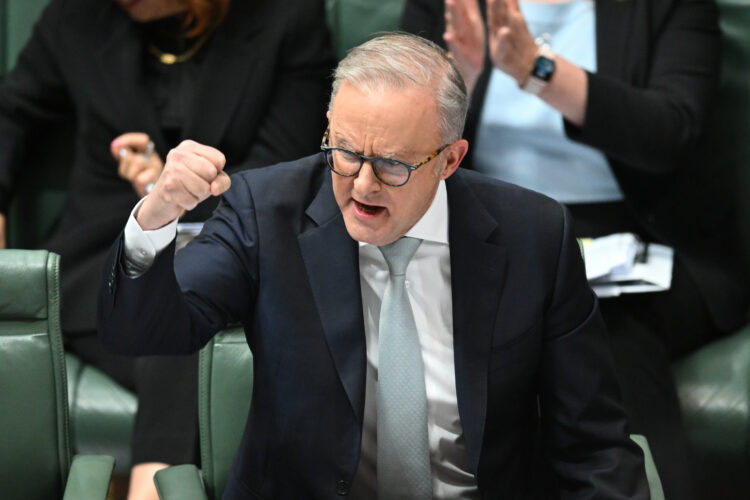An unceremonious end to one of Australia’s cultural institutions
Breaking news reported in Crikey: Meanjin, one of Australia’s oldest and most prestigious literary journals is winding up: its staff made have been made redundant; its last issue is coming out in December.
Chair of Melbourne University Press, which oversaw the operation said, “The decision was made on purely financial grounds, the board having found it no longer viable to produce the magazine ongoing.”
Aside from the spectacular example of weaselly managerial syntax in that sentence, this is why it doesn’t make sense to reach decisions on culture purely from examining the accounts. A literary journal is a cultural project, not an economic one. As Australia Institute research shows, there’s plenty of money in universities for consultants, travel and marketing but not enough for staff, students or critical cultural infrastructure like Meanjin.
It’s only a matter of time before we see what the next casualty is.

